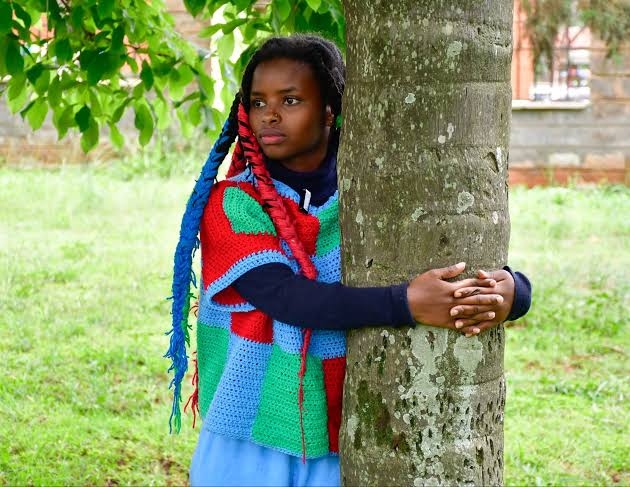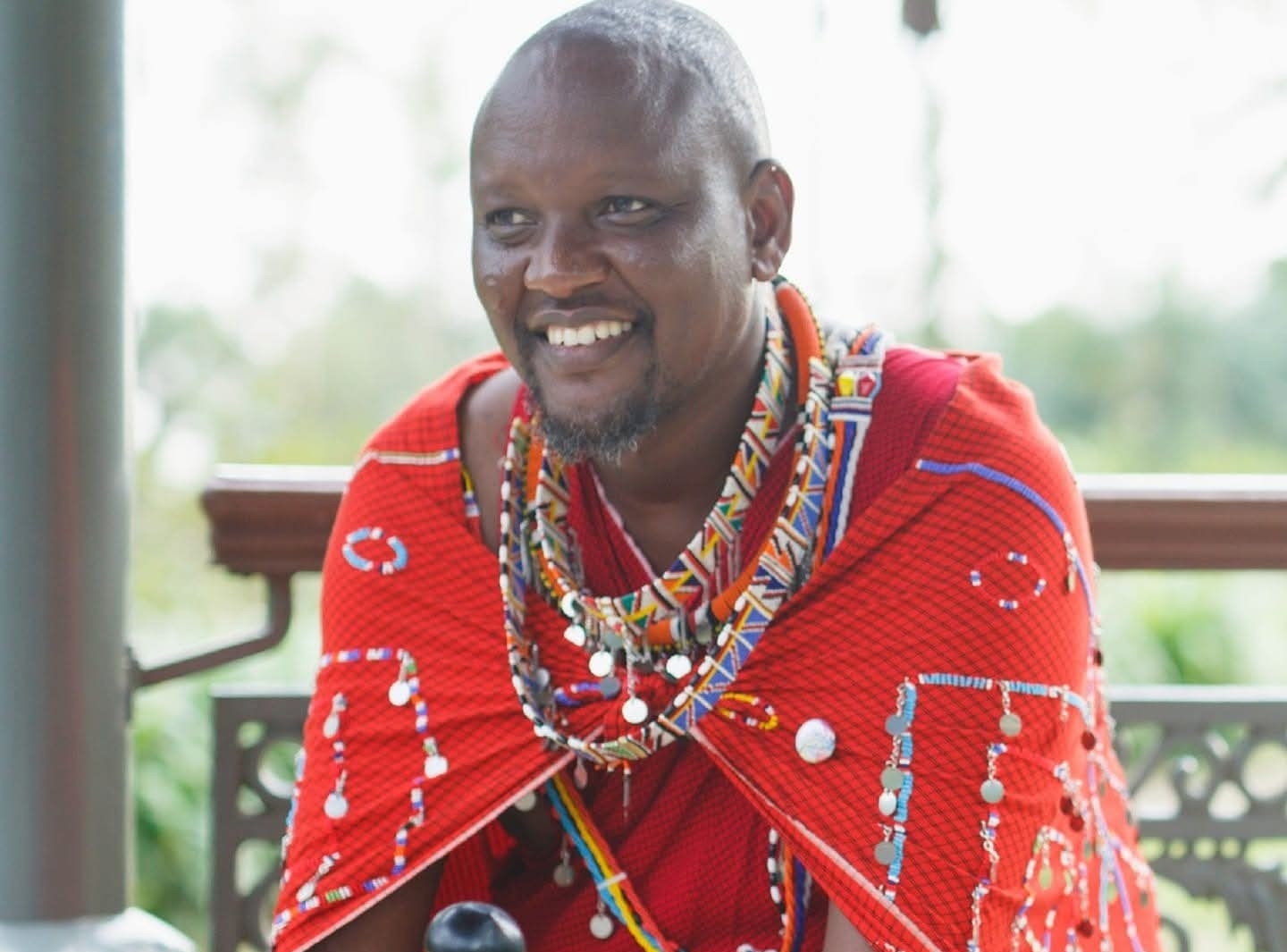The arrival of El Nino and the torrential rains across East Africa has changed the competition landscape in horse racing circles.
The earth is now considerably softer than it has been over the last few months and this has tested the bearing and tenacity of all the horses in racing and produced a few surprises.
Results from last Sunday proved exactly what was to be expected, and unexpected, with the varied forecast and in these conditions, with the soft ground especially favouring the nimble and agile, as well as the broad-shouldered and muscled nags.
Charles Kimani’s win on Dunleavy in the 1600m Icarus Handicap demonstrated the advantage for the lighter running horses ahead of their heavier compatriots, which was one of two wins for this season’s leading jockey, with the other coming on Whispers in the 1400m Storm at Sea Handicap.
Tactically, the climate has also forced a change in strategy for almost all stables and jockeys, which has culminated in more entertaining and gripping racing.
The margins of victory are less decisive than they have been on the harder ground and for the first time in the recent past, there is a discernible advantage for horses running at the front or near the nose and vanguard who can hold their pace through the race.
Veteran champion, John Muhindi, was a testament to that theory over the weekend with four close second-place finishes, running his races largely from just behind the leader and then being competitive down the final straight.
The anomaly in this hypothesis comes from 2022/23 champion jockey, Lesley Sercombe who prefers to race from the tail of the pack and then make late running in the final passage.
On harder terra firma, this campaign has been tricky to beat and though she has had mixed results this season on the muddier and heavier ground, the last meeting saw her put three wins to her name, which is as much a testament to her proficiency as it is to the quality of horses she’s riding.
Her victory in the Harry Deakin Memorial Bowl on Lady Spencer’s Daytime Girl unveiled the quality of Daytime Girl, who has the flair and aptitude to run in any conditions and win and set the standard for the rest of the field. Acknowledging the quality of her filly, Lady Spencer has commented, “Daytime Girl really impressed, she’s proved to us that she can work on soft ground and is a sharp filly. We’re really thrilled.”
The next race meeting is scheduled for November 3, 2023, and with the weather likely to continue to play an influencing role for the next two months, everything is possible and there are no promised victories.
Kenya’s youngest trainer in racing, Tony Kuria, is both excited and optimistic about what lies ahead, “The thrill of the races, the anticipation in the air, and the competitive spirit of the participants created an atmosphere that is electric. The crowds keep turning up in impressive numbers to cheer on their favourites. Despite the weather’s attempt to dampen spirits, the enthusiasm and energy from the audience was unwavering.”

















